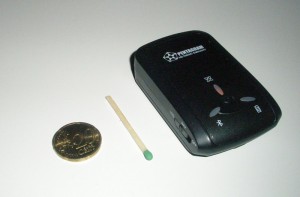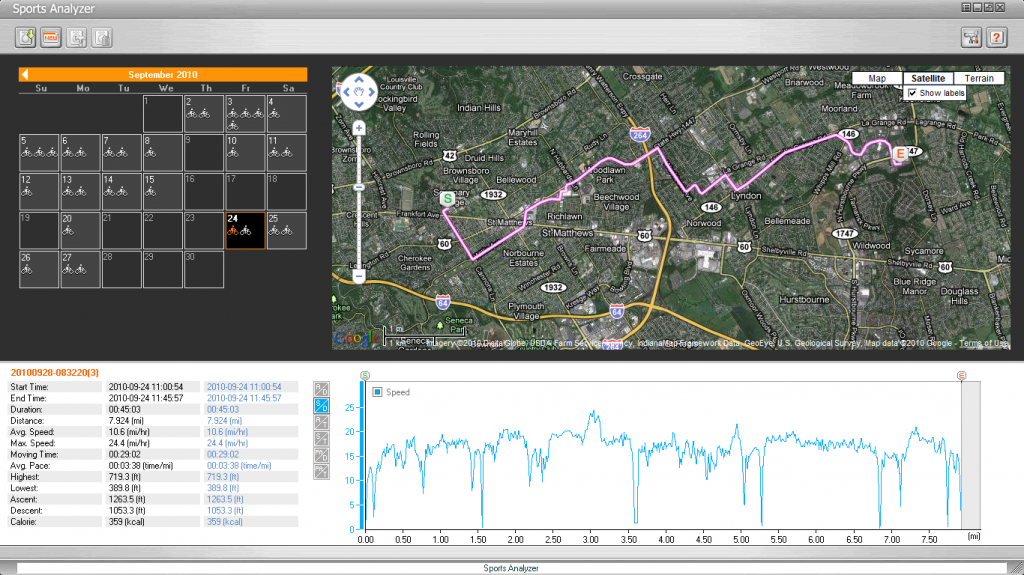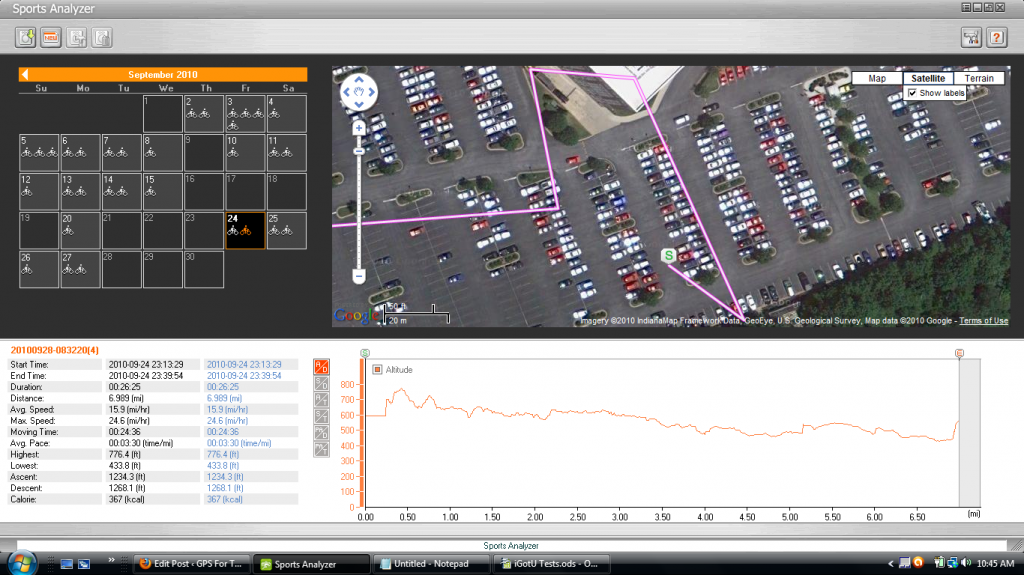Car tracking devices are anything but cheap. If you are going to buy one of these high tech, expensive products there are several things that you should know about them before committing your finances (and in some cases, your security) on a device that you know will work in theory, but have no experience in practice.
The first area that this article is going to examine is the different ways that people often use car trackers. After a brief examination we will examine some of the tracker characteristics that any potential customer should evaluate before making their final decision.
Ways To Use a Car Tracking Device
There seem to be four main reasons to use a GPS tracking device inside a car. They are to track inexperienced, immature drivers, verify suspicions of infidelity, improve business operations, and recover property.
Teen Drivers
We have gone into great detail about the different reasons why a parent would install a tracking device in their teen’s car. We have even discussed some of the ways that a tracking device for cars can be leveraged to help make teens safer drivers. Needless to say we won’t go into a lot of that stuff here. You just need to know that more teens die each year from automobile accidents than any other cause. These are all preventable deaths and are often the fault of the teens themselves.
If you knew that a tracking device would save your teens life, would you spend the $400 for it?
Catching Cheaters
Cheaters suck. They often lie. They also need to be caught. Most of the time the person being cheated on needs help in pinning the cheater into a corner so that they have to admit their infidelity. GPS tracking can often help them in this endeavor. Simply install a tracker in the vehicle of the suspected cheater (but only if you own that vehicle – tracking another person’s property without their consent is illegal) and you can know for certain if they are staying at work late or doing something a little more suspect.
Fleet Vehicle Tracking
Car GPS tracking has a long and proven track record in commercial applications. It has been shown to improve worker productivity, reduce costs, enhance the customer experience, and improve vehicle maintenance. What more could a business owner want?
Theft Recovery
Theft happens. Having a device that will tell you where your car is in real time when you wake up in the morning and your car isn’t out front can be invaluable. It is also nice to know that the crooks that stole your car are going to prison rather than profiting off of your property.
Considerations For Choosing A GPS Car Tracking Devices
If you come to the conclusion that you need a device to track a car then you have to take several things into consideration when making your decision. These devices are anything but cheap, so making sure you pick something that is going to meet your needs is very important. Here is a list of some of the main things you will want to think through:
Hardwired Vs. Stand Alone
This may not sound like that big of a decision, but it is probably one of the most important decisions that you need to make. The main reason for this is battery life. Tracking devices, especially real time tracking devices, run through battery power very quickly. Some GPS car tracking devices, like the Zoombak, only have an active tracking life of several hours. That is extremely low if you need to track the vehicle for longer than that.
Hardwired car tracking devices have the benefit of getting their power directly from the vehicle itself. As long as your battery is live your tracker will be able to give you the position of the car. Some hardwired trackers can be installed covertly so that they are not easily seen or accessible. Others are installed under the steering wheel in the OBD-II port and can be easily seen if you know what to look for.
Stand alone devices do not benefit from the car’s power source and must rely on their own battery. This means that you can have an active tracking life of several weeks to just a few hours depending on the type and size of the tracker you are using. This can be fine – it just depends on what you are using the tracker for and how much money you want to spend on it all.
Real Time Vs. Data Loggers

Probably the next most important thing for people to think about when going with a car tracker is whether or not they want to see the position information in real time or if they are alright with recording the data and looking at it later, after the device has been retrieved from the vehicle. Most people want to do the tracking in real time. There is just something special about being able to watch your asset move from location to location.
The price tag on real time car tracking devices is nothing to sniff at. They are often much more expensive, two to three times as expensive, than their data logging counter parts – and that doesn’t even take into consideration the monthly subscription fee required by most tracking providers. When that is taken into consideration it can cost four times as much just in the first year alone!
But if your need is for a real time tracker then you are going to fork out the cash.
Web-Based Vs. Software Based
Many people looking for GPS tracking want something that they can access from any web enabled computer. This is most often available with real time GPS tracking devices. This is because the tracking device will transmit the position and vector data over a wireless network to your tracking provider. The provider will then make this data available to you on a secure website available on the internet. Only you are going to be able to access the information since you are the only one with the user name and password for the tracker.
Here is a graphic of how this all works:
![]()
Software based car tracking devices are generally data loggers. Most of the time the data logger comes with a CD that contains some sort of tracking software that you need to install on your computer to make sense of the data the device records. For example, the i-Got U GT-600 comes with this type of software on a small mini-CD. The software works with the device to display your trip data on pretty Google-based maps and helps you integrate photos into your journey. The software then lets you post this information out on to the web if you want to share the data with friends or family.
While most car tracking devices don’t need some of the features available on the i-GotU (that device is designed to help people share vacations, hikes, or other fun excursions), they will have some sort of software that will help you make sense of the data on the tracker. This is helpful for users because it means you don’t need to know a ton about telemetry in order to make sense of your tracking information.
Covert Vs. Open
You are wanting a car tracking device for a certain reason, and that reason is going to determine whether or not you want to use a covert tracker or something that is a little more easily seen and accessed. Above we mentioned 4 different applications where are GPS car tracker would be useful. Here are some of the defining characteristics of a covert vs. open deployment in each category:
| Covert | Open | |
|---|---|---|
| Teen Drivers |
|
|
| Catching Cheaters |
|
|
| Fleet Vehicle Tracking |
|
|
| Theft Recovery |
|
|
As you can see, there are some applications where having an easily accessible car tracking device is not really in your best interest. You can still use it in these instances, you just run the risk of wasting your money.
Should You Use A Car Tracking Device?
Not everything labeled as a car tracking device is going to be what you are looking for for your particular needs. Be sure to carefully consider the purchase you are making. Ask questions of yourself and the potential supplier. The more questions you ask, the better informed you are going to be and the more successful you are going to be in your desire to track a car with GPS.


